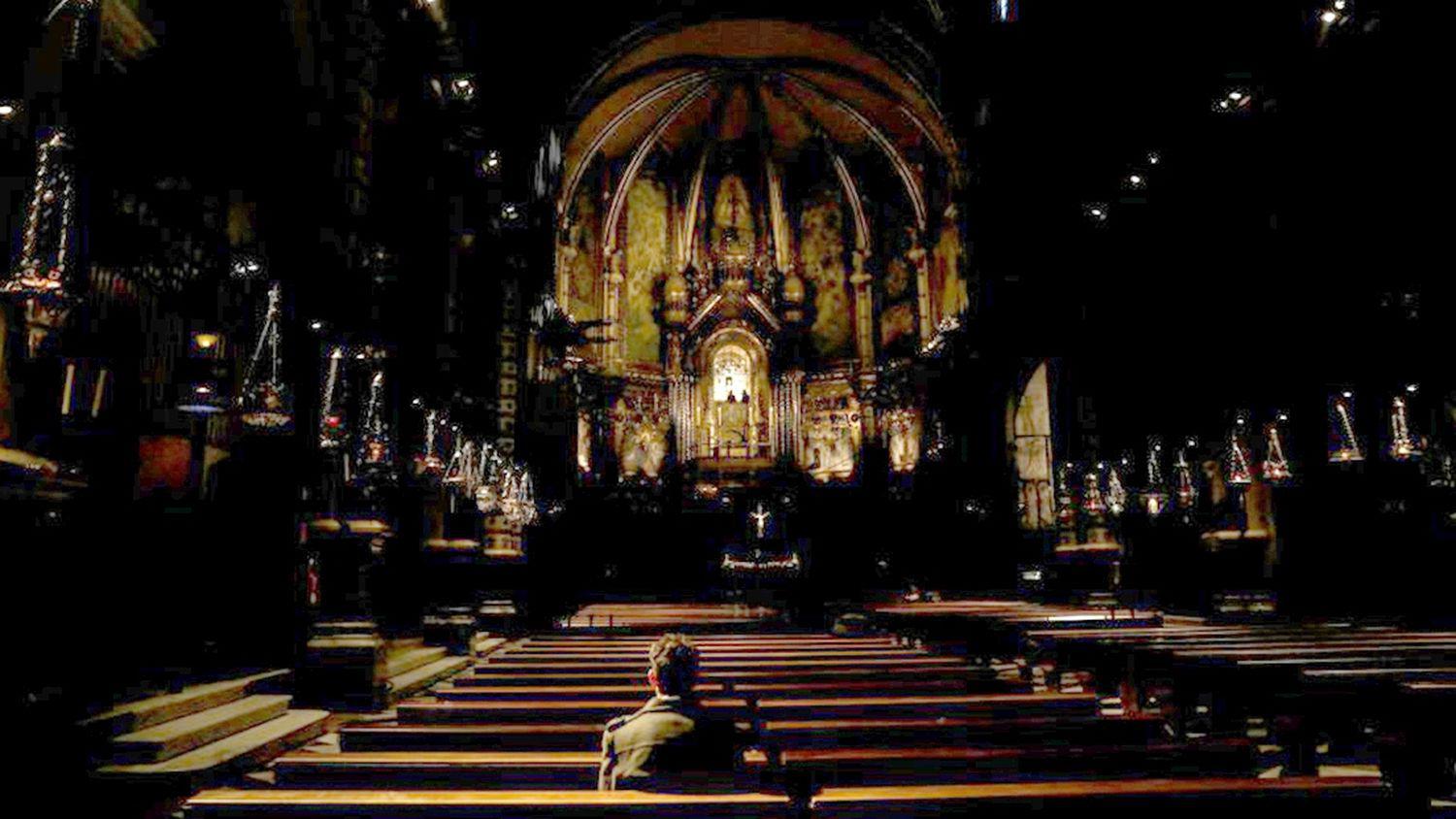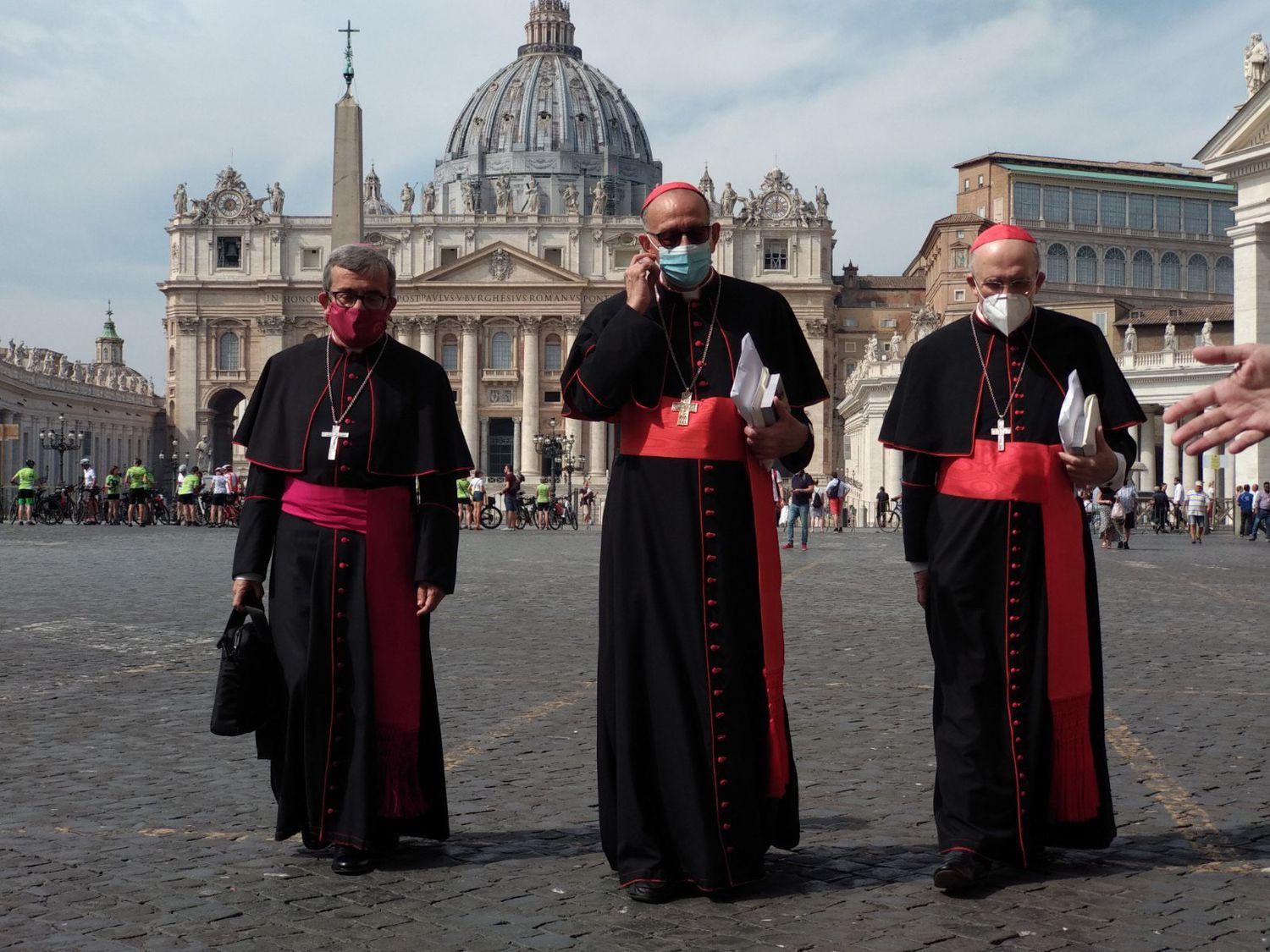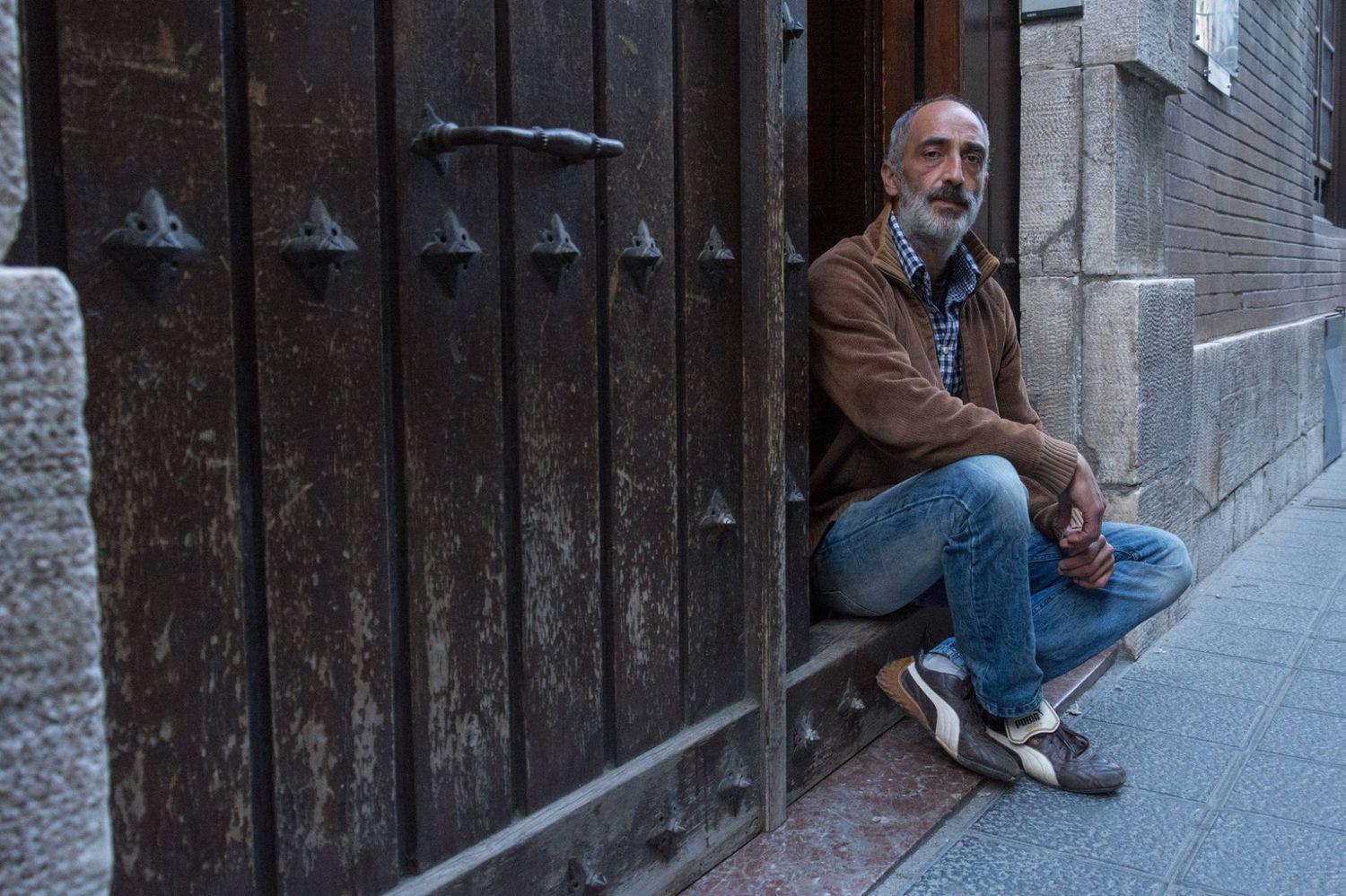|
Child abuse in the Spanish Catholic Church: ‘In Spain, no one does anything’
By Iñigo Domínguez And Julio Núñes
After the Jesuits admitted to cases of pedophilia, other religious orders have followed suit, for a total of 126 priests and more than 500 victims, according to EL PAÍS’ count More cases of child abuse by the Spanish Catholic Church are slowly coming to light. After the Society of Jesus, commonly known as the Jesuits, recognized 81 victims since 1927 and announced plans for compensation, other religious congregations have begun to follow the order’s example. EL PAÍS spoke to 10 of the main Catholic orders in Spain, of which seven said they had carried out or were in the process of investigating past cases of abuse, and were equally open to compensating victims. These investigations, however, are not in-depth internal inquiries, but rather a review of existing archives. Importantly too, the findings have not been made public and are still far from reflecting the extent of the abuse by the Catholic Church, compared to the advances made in other countries such as Germany, where an external audit found that 3,677 minors had been abused by members of the Church. Of the 10 orders consulted, three – the Marist Brothers, De La Salle Brothers and the Order of Saint Augustine – continue to refuse to investigate allegations of abuse. The remaining seven admitted to 61 cases of pedophile priests, 42 of which were unknown until now. If this number is added to the findings from the Jesuits’ inquiry – 65 cases, 54 of them unknown until now, according to EL PAÍS’ estimates – the Catholic orders have admitted to 126 cases of pedophile priests. Of this figure, 96 had been buried until now. The figures elevate the number of victims of the Spanish Catholic Church to more than 500, according to a count from EL PAÍS, based on criminal sentences, media reports and the newspaper’s own investigations. Up until January, only 125 cases of abuse had been identified since 1986. Now, in the space of just a few weeks, 96 more cases have been recognized. In other words, nearly the same number of cases has been uncovered in the past few weeks as in the last 35 years. In an effort to address the lack of data from the Church and other official sources, EL PAÍS began investigating allegations of child abuse in October 2018. At that time, there were only 34 known cases of abuse. Since then, the newspaper has received more than 200 emails and published details of more than 30 cases. Of the religious orders contacted, six – the Piarists, Claretians, Brothers of the Sacred Heart, Legionaries of Christ, Marion Brothers and Salesians – said that they had already carried out an internal investigation. In the case of the Salesians, an order inspired by Francis de Sales, 28 cases of abuse were uncovered, according to provisional figures. This is the second-highest number after the Jesuits, who admitted to 65 cases. The Opus Dei, meanwhile, said that it is close to completing its own internal inquiry. The orders confirm that in the past, cases of abuse were never reported, and that in most cases, the accused was simply moved to a new parish, where they could continue to abuse children. These investigations are just the first small step toward uncovering the truth. The findings from the six orders were never made public and are only coming out now in response to EL PAÍS’ questions. What’s more, they don’t offer any details – such as name, place and date – which, if revealed, could help identify more victims. But while the investigations are just the tip of the iceberg, they represent an important step forward in the Spanish Catholic Church, which had remained silent on the question of abuse until 2018. The orders’ actions also put into stark relief the position of the Spanish Episcopal Conference (CEE), which – unlike most institutions in large Catholic countries – refuses to investigate the past and consider compensation for victims.
Two years have passed since Pope Francis raised the issue of pedophilia at the Vatican conference of February 2019, and the Spanish Catholic Church has done very little to address the problem. By order of the pope, the Church has opened offices to assist victims in each diocese. In October 2018, a commission investigating pedophilia was forced to update the Church’s anachronistic protocols, but two years on, there has been no news of progress. The CEE, for its part, has refused to answer EL PAÍS’ questions. Last November, the bishops’ spokesperson, Luis Argüello, said that they had received “zero or very few” reports of abuse. The response of Spain’s 70 dioceses has been slow and far from transparent. With the exception of a few cases, bishops refuse to make public the number of cases that have been reported. “In Spain, no one does anything,” says Juan Ignacio Cortés, the author of Lobos con Piel de Pastor (or, Wolves in Pastor’s Clothing), one of the few existing books on pedophilia in the Spanish Catholic Church. “No one is interested, not the Church or the state, which in the past had to keep watch, because many institutions, from boarding schools to orphanages, were part of the state welfare system.” Juan Cuatrecasas, the president of Stolen Children, the first national association for victims of abuse, believes that despite the Pope’s explicit orders, some Spanish orders have done hardly anything, while the CEE “has done nothing.” With respect to the offices to help victims, the organization says they are a “marketing strategy” to whitewash the Church’s past. “They say they help victims, but they have not yet published any report. Nor have they contacted us,” says Cuatrecasas, who is the father of a victim of abuse. Gemma Varona, a criminologist from the Basque Country University, argues that more in-depth studies are needed. According to Varona, the recent Jesuit inquiry is “incomplete and methodologically very questionable.” “Reports must be for the victims, who are the ones who need them, and that’s why they have to be transparent and well-conducted,” says Varona. “You have to ask these questions: why do victims not report cases? Why don’t they dare to? That is the reason why the number is so low.” “They have robbed me of nine more years”The case of Javier Paz, a victim of abuse in Salamanca, highlights why many victims do not report crimes to the Catholic Church. He reported in 2011 that he had been sexually abused by a priest, but instead of helping him, the Church tried to keep him quiet for nearly a decade. In the end, he became one of the first victims to take his story public on television. “They have robbed me of nine more years,” says Paz. “The canonical process was a show to deceive me and keep me silent, they even accused me of just wanting money, they humiliated me and I decided to go on television. They crush you again and the wound doesn’t heal.” But victims are not only indignant with the Church. “It is shameful that the government does nothing,” says Manuel Barbero, the president of the victims association Mans Petits. “It is a thorny issue and no one wants to address it. It would be enough to have a group of experts, economic funding, open an email [to receive reports], investigate.” Experts point out that in other countries, such as Belgium, it has been parliament that has stepped in and created a special agency to redress victims. In Catalonia, the Catalan Ombudsman is one of the few institutions that has investigated the problem. In 2019, it called for a commission to investigate cases that had passed the statutes of limitations. And the regional government of Navarre has also taken action: it invited victims to speak before the regional parliament, organized a congress on the problem of abuse in the Catholic Church and has funded psychological therapy for victims. The rest of Spain remains silent.
|
.
Any original material on these pages is copyright © BishopAccountability.org 2004. Reproduce freely with attribution.


